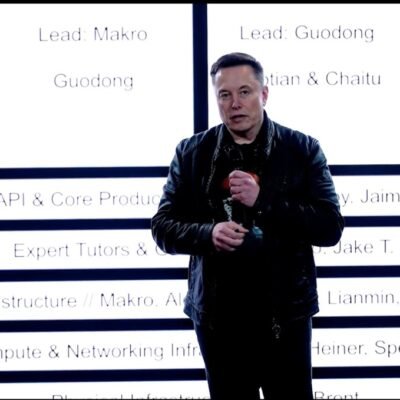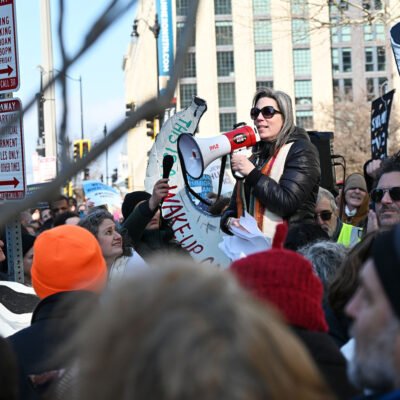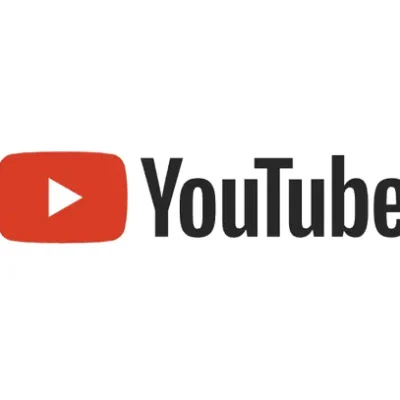Manatsu: Art does connect people. Yasmin, how do you build connections with other artists in other countries during these times?
Yasmin: As you just said, it is a very powerful tool to use arts to find connection between you and another human being.
The other day we were kidding. I was saying, “I think we are trending now. Palestine is trending now.” Since we’re trending and a lot of people have a lot of opinions about it. Mostly we really are finding a lot of connections nowadays with people who are searching for ways to be in solidarity with Palestine, who are researching more to know about Palestine and about what is happening in Gaza and what is happening in the West Bank and all of it.
It’s very human to find a connection with someone on a very… I don’t know. I really can’t find the word to express it, but it… you found a way to connect with someone on a human level about something that is really inhuman. Talking about something really is very brutal and hard and harsh.
Naqaa: I think that the relationships are easy to form because we have many acquaintances in theatre, and also the activities that we do and the writing makes us get to know people more and form a relationship. Every year, for example, we hold a festival with Monica and Leah. And many artists from different parts of the world come to it. This is good for forming many actors’ relationships.
We would love to have more freedom of speech. We would love to have a free Palestine. We hope for a lot.
Manatsu: What advice would you give to other young theatre artists?
Aya: I would say to them, keep living your emotions and feelings as they are. Because for us, we possess a lot of feelings, and sometimes it’s hard to express that feelings and emotions. They accumulate. We find ourselves stuck in the image of heroes, so that is a stripping away humanity. It’s okay to feel weak or helpless. Fight the obstacles and keep going because art and theatre is a need, not a luxury.
Naqaa: I can say a sentence. You’ll not truly understand what we are going through as an actress process unless you’re Palestinian and study theatre in the middle of the Jenin camp.
Manatsu: What are your hopes for the future of the Freedom Theatre?
Yasmin: I really hope that all of these students that will be the leaders of the Freedom Theatre and will be taking the word from all the generations that passed through the years.
And yeah, to grow. To grow. We would love to have more freedom of speech. We would love to have a free Palestine. We hope for a lot. And of course, we will keep on fighting as the Freedom Theatre to go there and to be free, of course, for liberation in all aspects of life.
Chantal Rizkalla: I hope to feel safer. That’s it. A simple hope. Simple dream.
Aya: The same as Chantal. I hope things get better and to become more safe because now we can’t consider any place as a safe place.
Naqaa: And we want freedom. Freedom, freedom, freedom.
Yasmin: Definitely.
Naqaa: Yes.
It’s not just conflict: it’s power, it’s resistance, it’s beauty, it’s art. All of us now are here to help spread that word for many generations to come.
Yasmin: Monica, Leah, what do you hope for the Freedom Theatre? You’re part of the family.
Monica: We hope that you’re safe. We hope that it gets built even bigger and that everyone, anyone can access it. That Mustafa gets free soon and safe and that all Freedom Theatre members are protected and safe. That we can come work with you again.
It’s a historic, incredible space that people around the world love and know, and everybody knows the name of the Freedom Theatre now. We become more free by you being free there.
Leah: The Freedom Theatre really is this oasis in the middle of all these stories of conflict. It’s not just conflict: it’s power, it’s resistance, it’s beauty, it’s art. All of us now are here to help spread that word for many generations to come, after we’re long gone as well.
Yasmin: Growing the family of the Freedom Theatre is really very empowering for us. The support and all the things that you are doing, not only for the Freedom Theatre , but also for Palestine in general, is very appreciated. Always I’m asked, “How can we support? What can we do? How can we get more involved?” And I think there are so many ways.
Before, it was possible to come to Palestine and be, and soon it’ll be again possible for people to come to be in the Freedom Theatre in Palestine and in the acting school and on the stage of the Freedom Theatre to volunteer, to work, to do anything you would like to do. And also, I would like to say that we see everything that you are doing and we also try as much as possible to stay connected with people. Reading the text, The Revolution’s Promise and Youth Against Invasion always is very appreciated.
So yeah, I mean, you can always support, you can always give solidarity and be in solidarity. You can go to our website, read more about the projects that we’re doing, look at the schedule for the performances that we are doing currently around the world. Maybe you could come and see and meet us in person as people who work in the Freedom Theatre.
Thank you very much, everyone. That was really, really nice. And yeah, I mean, that was very heartwarming. And maybe next time we can do it bigger and with more people. And maybe next time it would be sitting next to each other in the Freedom Theatre in Palestine, yes?
Leah: Yes.
Monica: Yes. Thank you everyone who joined us online as well. Please amplify and help get the word out about the Freedom Theatre. Thank you.



